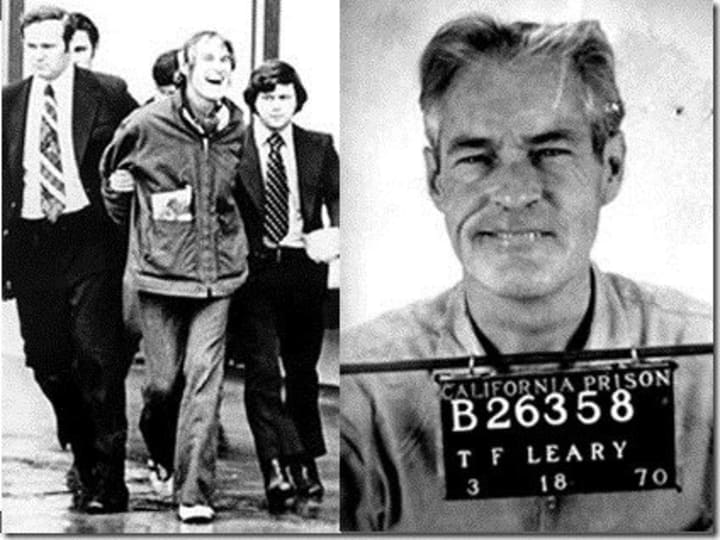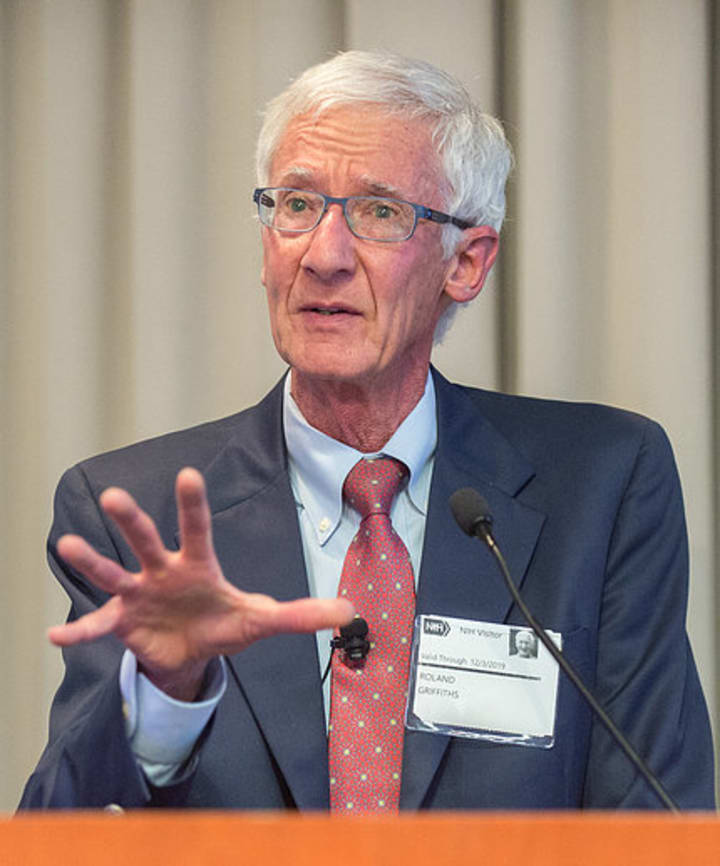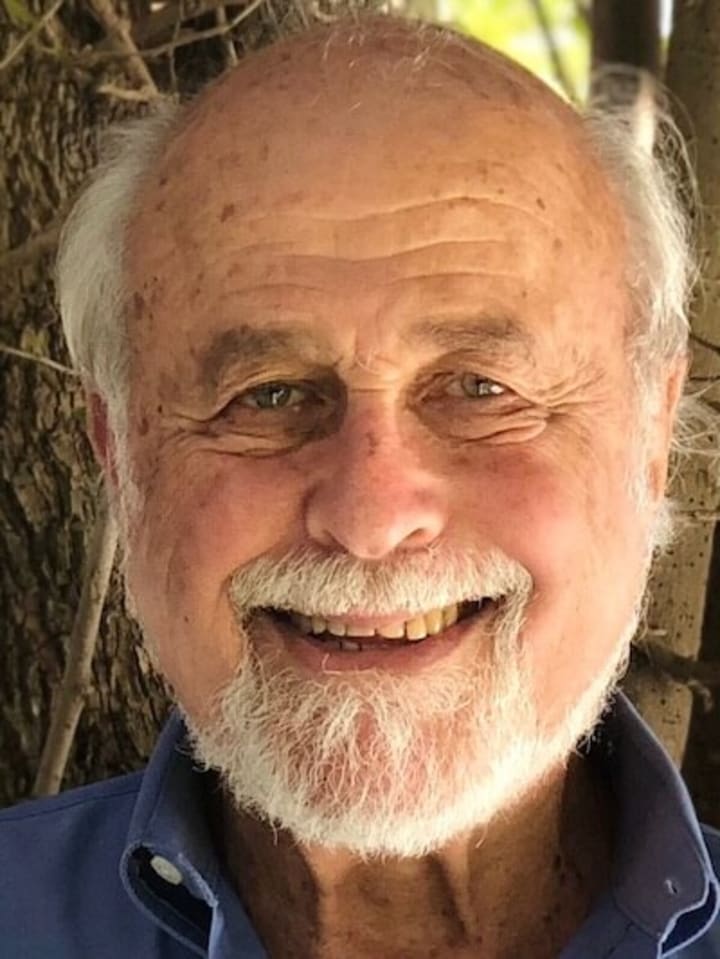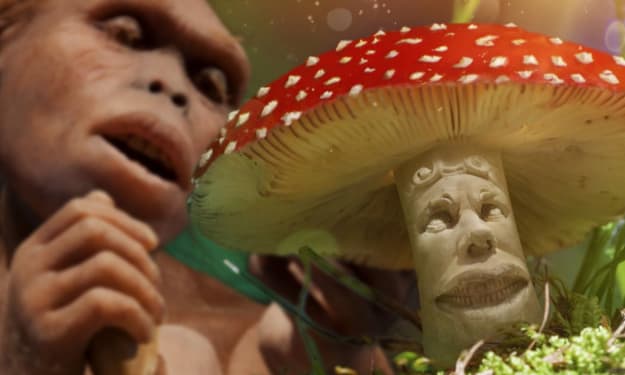The Top 10 Psychedelic Pioneers
The 10 Must Know Names in Psychedelia

Psychedelic research is a field of study that examines the effects of psychoactive substances, such as lysergic acid diethylamide (LSD), psilocybin, and mescaline, on the mind and behavior of human subjects. In the mid-20th century, psychedelic drugs were the subject of intense research and experimentation, led by a group of pioneering scientists and thinkers. These researchers believed that psychedelics had the potential to be therapeutic tools, capable of treating a wide range of mental health conditions, such as depression, anxiety, and PTSD
1. Albert Hofmann was a Swiss chemist who discovered Lysergic acid diethylamide (LSD) in 1938 and conducted research on its effects on the human mind and potential therapeutic uses. Hofmann's discovery of LSD was groundbreaking and laid the foundation for future research on psychedelics.

2. Timothy Leary - An American psychologist who began researching psychedelics in the 1950s, specifically psilocybin. Leary's research on psychedelics and his outspoken promotion of their use had a significant impact on popular culture and the perception of these substances.

3. Richard Alpert (Ram Dass) - An American psychologist who conducted research on psychedelics in the 1950s and 1960s, specifically the effects of psilocybin and LSD. Ram Dass later developed the "Be Here Now" philosophy and has written extensively about his experiences with psychedelics and spirituality.

4. Stanislav Grof - A Czech-born psychiatrist who conducted early research on LSD and developed holotropic breathwork and transpersonal psychology, which incorporate non-ordinary states of consciousness, such as those induced by psychedelics, in the understanding of human existence.

5. Alexander Shulgin - Biochemist, pharmacologist, and author, who is known for introducing MDMA to psychiatrists in the late 1970s, and for synthesizing over 230 psychoactive compounds, He also wrote books detailing their effects.

6. Roland Griffiths - American psychologist and professor of psychiatry at the Johns Hopkins University School of Medicine, He is known for his research on the therapeutic and spiritual effects of psychedelics, especially psilocybin.

7. Rick Doblin - American psychologist and the founder and executive director of the Multidisciplinary Association for Psychedelic Studies (MAPS), He is known for his work on the therapeutic potential of psychedelics, particularly MDMA as a treatment for PTSD.

8. Charles Grob - American psychiatrist, who has been researching the therapeutic potential of psychedelics since the early 1990s. He has conducted clinical trials with ayahuasca, psilocybin and study the effects of these substances on the brain and behavior.

9. James Fadiman - American psychologist, who did research on the therapeutic potential of psychedelics in the 1960s and 1970s and has continued to advocate for their use in research and therapy.

10. Amanda Feilding - Baroness, British philanthropist and researcher who has long supported the investigation of psychedelics for their therapeutic benefits, particularly for mental disorders and for the betterment of human consciousness.
Psychedelic research is an area of study that has gained a lot of attention in recent years due to the potential therapeutic benefits of psychedelics such as psilocybin, LSD, and DMT. Some of the potential benefits of psychedelic research include the treatment of mental health conditions such as depression, PTSD, and addiction. For example, a number of small clinical trials have found that psilocybin can be an effective treatment for depression and anxiety in patients with cancer, and that LSD can be helpful in treating addiction. Additionally, there is some preliminary evidence that psychedelics may also have neuroprotective and neurogenic effects, which could be beneficial for conditions such as Alzheimer's disease and Parkinson's disease.
However, it is important to be cautious when interpreting the results of psychedelic research. Many of the studies done so far have been small and open-label, and more rigorous, double-blind, randomized controlled trials are needed to confirm the initial findings. Additionally, it's important to note that psychedelics are not without risks and can be harmful in certain individuals, particularly those who have a history of mental health issues, thus the Psychedelic therapy are not yet available for general public, and it is highly recommended that these substances should only be used under the supervision of a healthcare professional





Comments
There are no comments for this story
Be the first to respond and start the conversation.